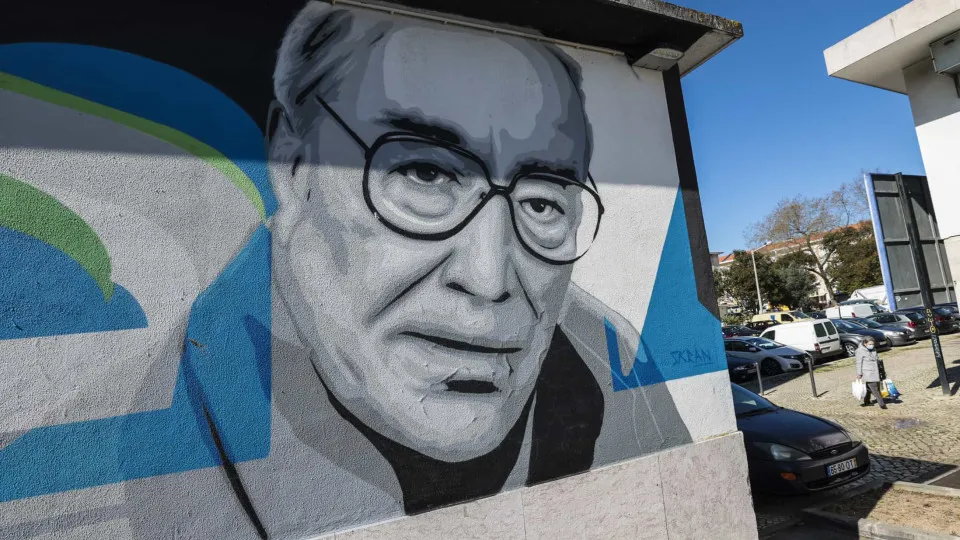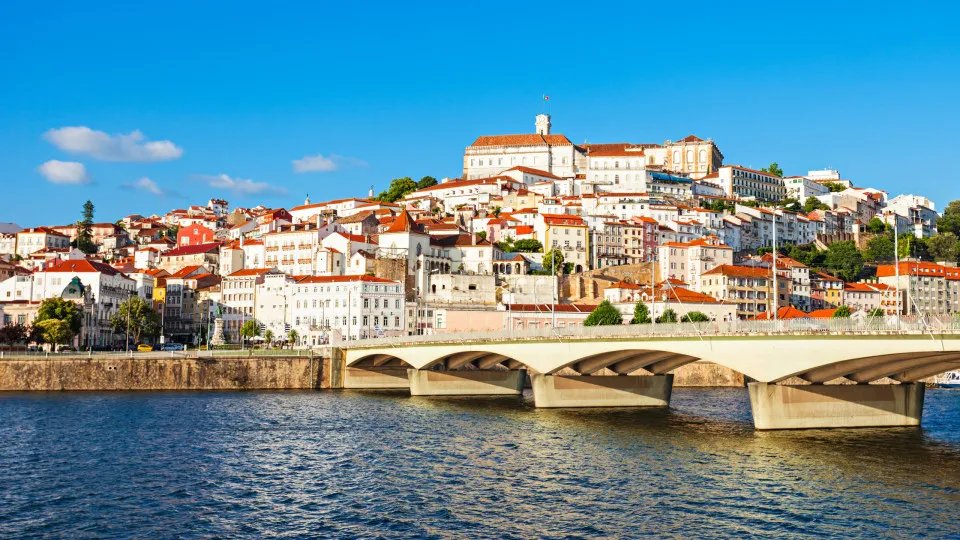
Ana Cardoso Pires reflected on her childhood, during which she resided in a neighborhood dominated by supporters of the Estado Novo dictatorship and was labeled “the communist’s daughter,” as she sought to “bring the writer a bit to life” amid “the great difficulty with reading deceased writers because they lack media presence.”
Despite this, she emphasized, “they had an impact on our history,” and in the case of José Cardoso Pires, whose centenary is celebrated this year, this impact also influenced Ana’s life. She recalled her father as “a challenging teacher,” with lifestyle habits “distinct from the times,” raising his daughters without discrimination “between what girls and boys could do.”
The writer, who “did not particularly like children because they interrupted him,” had an associated reputation for “aggression,” which, according to his daughter, “was not true.” While he “fired up in discussions,” Ana Cardoso Pires noted the family “always found a great defender” in him, unlike “others, [whose] kids were beaten at a time when many intellectuals even beat their wives.”
With “Zé,” as she calls him, “there was never a patriarchal relationship,” but in the writer’s “untamed lifestyle” home, silence was dominant. “You couldn’t make noise, even during the day, because he would be sleeping or writing.”
The outcome was 18 books published between 1949 and 1997, supporting writer Ana Margarida de Carvalho’s opinion that “all Portuguese writers came from under José Cardoso Pires’ overcoat.”
For the scholar of ‘O Delfim’ and ‘A Balada da Praia dos Cães,’ who was dubbed “Lisbon’s writer,” Cardoso Pires was “a pursuer of precision,” a proponent of “writing to the bone,” without excessive adjectives, and who “reviewed his book proofs exhaustively.”
One hundred years after his birth, Relógio d’Água is re-publishing all of Cardoso Pires’ work, which “remains very interesting for new generations,” stated publisher Carlos Vasconcelos at Folio, together with Francisco Vale, the editor’s founder.
For both, the author of ‘Lisboa – Livro de Bordo’ and ‘A Cavalo no Diabo’ possesses a “very imagistic” writing style, justifying the film adaptation of ‘Lavagante,’ by Mário Barroso and António-Pedro Vasconcelos (screenplay), now showing in cinemas, similar to prior adaptations of ‘O Delfim’ by Fernando Lopes and ‘A Balada da Praia dos Cães’ by José Fonseca e Costa.
José Cardoso Pires published his first book, ‘Os Caminheiros e Outros Contos,’ in 1949. In the 1950s, he was arrested by PIDE, the dictatorship’s political police, after his short story collection ‘Histórias de Amor’ was seized.
In 1963, he published ‘Hóspede de Job,’ earning him the Camilo Castelo Branco Prize in 1964. In 1968, he released ‘O Delfim,’ considered his masterpiece, followed by other titles such as ‘Dinossauro Excelentíssimo,’ a scathing critique of Salazarism, ‘A Balada da Praia dos Cães,’ winner of the Portuguese Writers Association’s Grand Prize for Novel and Novella, and ‘Alexandra Alpha,’ awarded the Special Prize by the Critics Association, São Paulo, Brazil, among others.
In 1995, he suffered a stroke that left him in a coma for some time, an event he depicted in ‘De Profundis, Valsa Lenta,’ receiving two awards: the D. Dinis Prize from Casa de Mateus and the Critics Prize from the International Association of Literary Critics.
Three years later, another stroke occurred, leading to his death on October 26 in Lisbon.
The centenary of the writer’s birth has prompted several initiatives across the country, marked today at Folio with a discussion which “for Zé, would be more meaningful than official commemorations,” Ana Cardoso Pires told Lusa. “This is how he liked to be remembered, in conversations.”
This was the first talk of Folio Mais, on the second day of Folio, which continues until October 19, celebrating its 10th edition in Óbidos.
The festival features three Nobel Literature laureates: Belarusian Svetlana Alexievich, South African J. M. Coetzee, and Hungarian László Krasznahorkai, recently awarded.
Organized by the Óbidos municipality, in partnership with the municipal company Óbidos Criativa, Ler Devagar, and the Inatel Foundation, Folio has been held since 2015 in the town designated by UNESCO as a Creative City of Literature.




